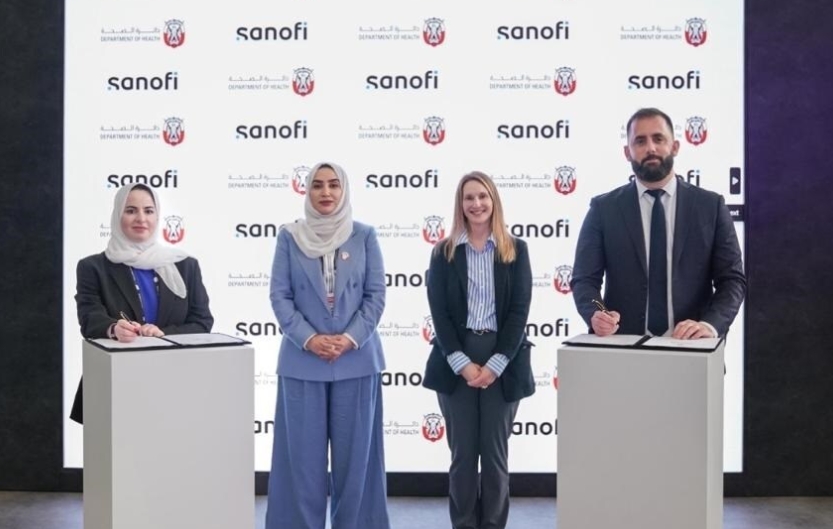A molecule created at the University of Auckland, New Zealand is one step closer to becoming a treatment for an extremely rare and severely debilitating neurological disorder called Phelan-McDermid syndrome. Children with the disorder showed significant improvements in a phase two clinical trial in the US, by Neuren Pharmaceuticals, which is listed on the Australian Securities Exchange.
Next steps would be a phase three trial and seeking approval from the US Food & Drug Administration. The molecule, NNZ-2591, comes from work years ago by Dr Jian Guan and Professor Sir Peter Gluckman at the Liggins Institute and Distinguished Professor Dame Margaret Brimble in her chemistry laboratory.
That’s the same group whose work led to the breakthrough drug Trofinetide, approved last year for treating Rett syndrome, another rare genetic neurological disorder. The treatment is marketed under the name Daybue.
Neuroprotective qualities of a peptide called cyclic glycine-proline (cGP) were investigated by Guan and Gluckman. In Brimble’s lab, Dr Paul Harris produced NNZ-2591, a synthetic analogue of cGP, which Neuren Pharmaceuticals hopes will become a Phelan-McDermid treatment. The University spun out a company to commercialise research, ultimately selling out.
Intellectual disability, low muscle tone, developmental delays and symptoms of autism can be among the features of Phelan-McDermid.
Neuren is also conducting Phase 2 clinical trials of NNZ-2591 in children with three other neurodevelopmental disorders – Pitt Hopkins syndrome, Angelman syndrome and Prader-Willi syndrome. Likewise, NNZ-2566, the Trofinetide/Daybue molecule, may eventually be used for disorders beyond Rett syndrome.













